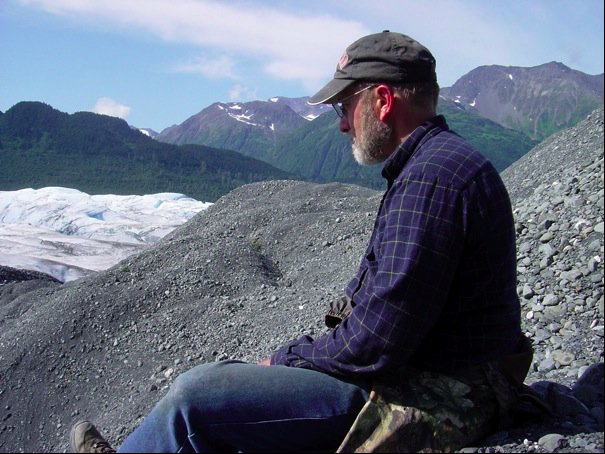When we dare to listen, God often speaks to us through nature. In scripture a bush burns but is not consumed; a new star shines and the Savior is born; a donkey refuses to go forward and so tells us what fools we are, walking into danger.
“Listen,” Job 12 tells us, “the birds in the air, the animals on the ground, the plants in the earth and the fish in the sea will proclaim to you: God is speaking.” If that was true in Job’s time, it is also true now.
Listen! God is speaking to us.
For Christians, there should be great passion in caring for God’s creatures. We must recognize that God has created all things for proper relationship with each other. The message begins already in the first chapter of Genesis, telling us how all creation unfolds, one thing after another, one day at a time. The point becomes clear in Genesis 2:4, stating: “These are the generations (תוֹלְד֧וֹת אֵ֣לֶּה) of the creation of heaven and earth, when they were created.” In Genesis תוֹלְד֧וֹת אֵ֣לֶּה means that this is a genealogy—a description of a family line. We should be passionate about caring for God’s creatures because we are family.
Indeed, as the youngest members of the family of creation, we are tasked with caring for all other creatures, for they are our elders and require our respect. Perhaps this is the best guideline for the biblical dominion that humans obviously exercise. We have power for the good or for the destruction of God’s creation; we must choose for good.
Yet, runaway climate change is still not getting the kind of response that is needed. As an Alaskan I can tell you that Native Americans along the Bering Sea know this. Vanishing polar ice is changing the weather patterns in the arctic so drastically that hunters cannot safely get to the walrus, which provide 80% of their protein. They are listening.
In the arctic travelers on snowmobiles are falling through ice and drowning in mid-winter—at a time when the ice should be more than a meter thick. At the same time, invasive species from the southlands are migrating north so fast our fish and game laws don’t know how to keep up. In Alaska we know.
The vast majority of climate scientists also know this. They know that 75% of the fossil fuels we already know about must never be developed if we are to have a chance in avoiding the loss of civilization as we know it. This means the nations of the world must be strategic in deciding which fossil fuels to produce and which to leave in the ground.
But Alaskans also know that earth care is only part of what God is telling us. We know that 1/3 of Alaskan jobs and 89% of Alaska’s tax revenue is based on oil production. Our social wellbeing is at risk right now if we do not develop more oil and gas wells. In Alaska our people and our legislators, are backed into a corner. We cannot negotiate the drastic change that is needed alone.
Earth care makes sense, because without it the suffering of the people, and of most creatures, will be intense. But the same compassion that demands earth care, and demands it right now, also demands people care. Anything less is ethically shallow and is in trouble politically.
The international community already knows this. The United Nations famously established the Green Climate Fund to foster alternatives for economic development in those nations that would be most affected. Why are we not talking about something like that for our domestic policy? Of course the transition must happen; but both the burdens and the opportunities of transition must be shared. We don’t have to build the future by stepping on the necks of coal miners from Virginia or Native Americans in the arctic. We can do it by caring for one another in the same way that we must care for the earth.
Earth’s creatures, I believe, are telling us that now is the time for us to mature in our ability to put an ethic of caring into action. The same moment for developing an ethic of caring for God’s creation will surely also turn out to be the moment for developing an ethic of caring for our neighbors.
And why not? God is speaking. Look at what is happening to God’s creation! Listen to what it means! Now is the time.
The Rev. Dr. Curtis Karns is Executive Presbyter of the Presbytery of Yukon, PC(USA).

